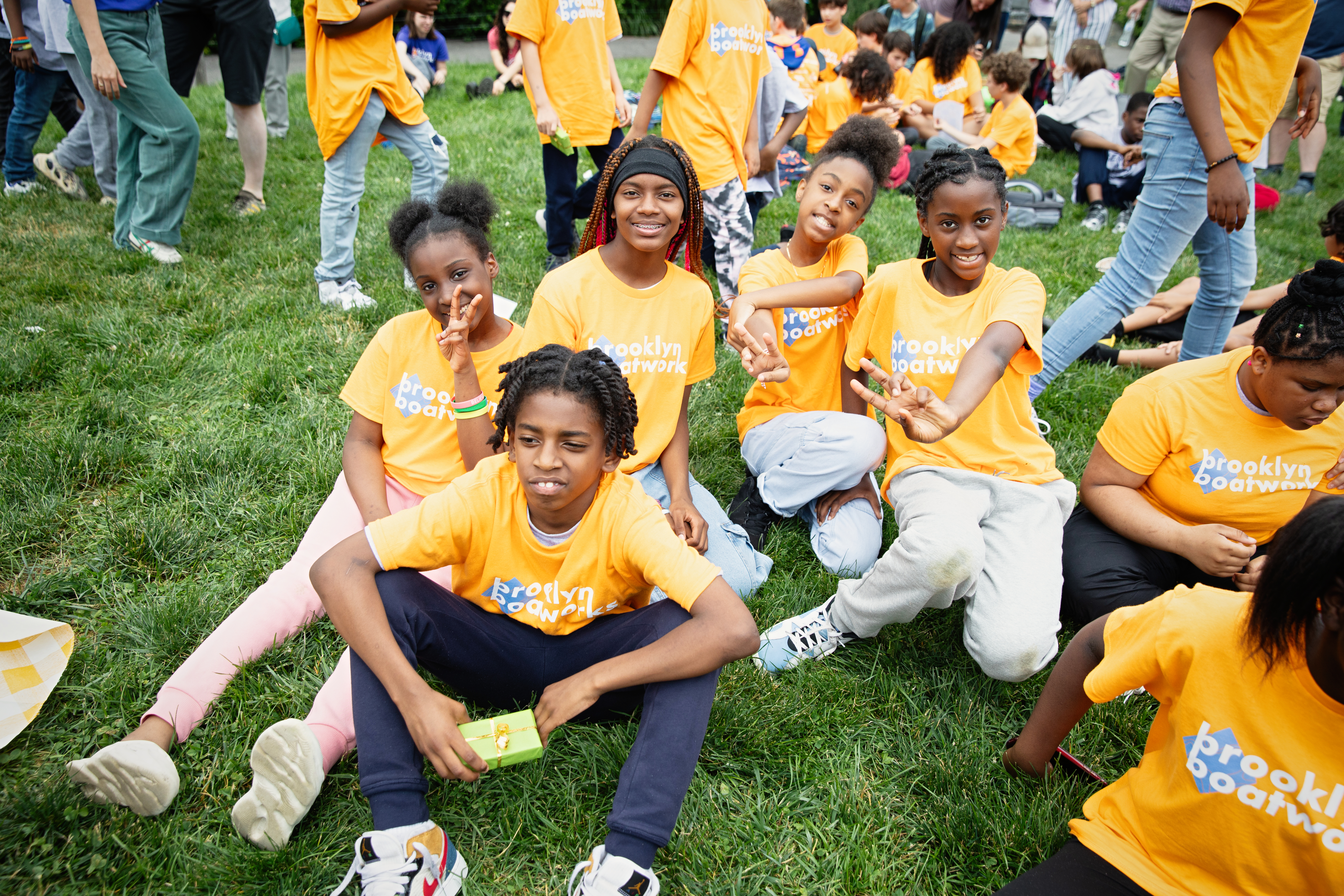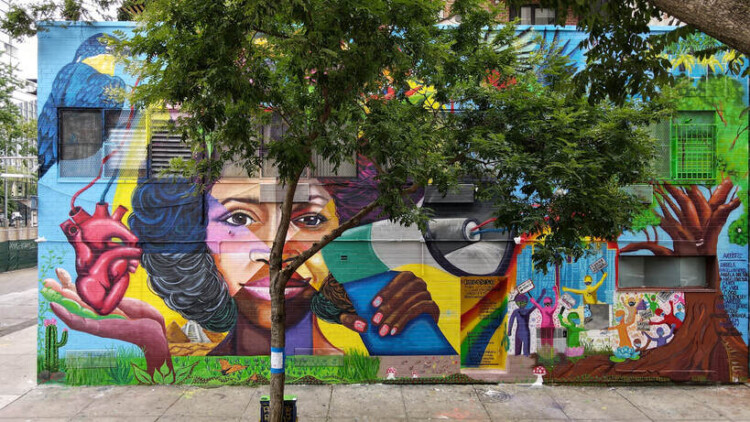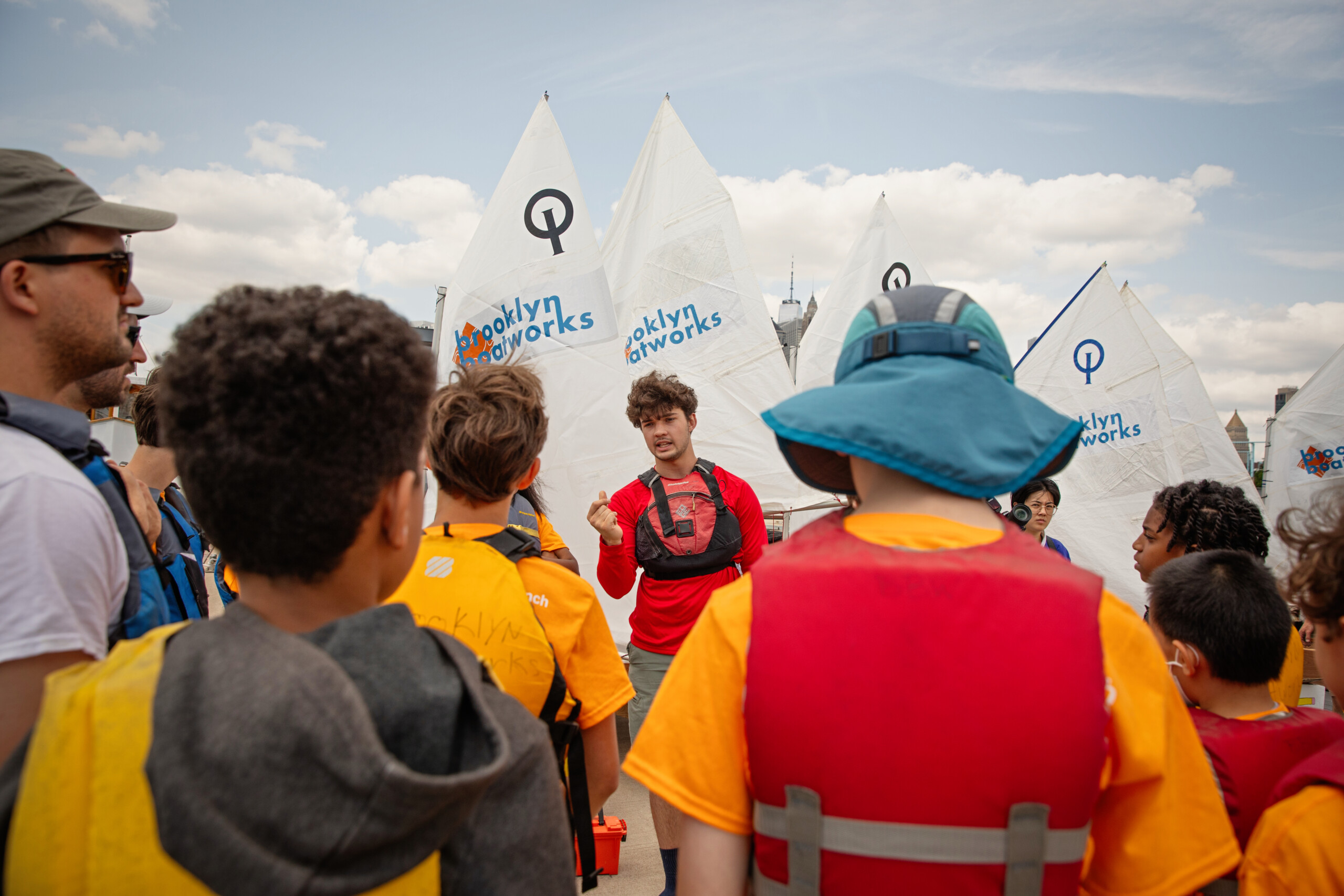The deadline for our Youth Service Capacity-Building Grants (YSCG) program, which supports activities to strengthen the organizational infrastructure of small nonprofit organizations in New York City that provide direct services to young people ages 5 to 25, is fast approaching on September 18.
In anticipation of this deadline, we recently hosted a virtual office hour for applicants to ask questions about eligibility, the application process, what typifies a strong capacity-building project, and more. Attendees asked thoughtful questions that highlighted common challenges and uncertainties applicants encounter while preparing their applications. If you were unable to attend our virtual office hour, here are four key takeaways from the session to keep in mind as you apply:
01
Less is more! Applicants don’t get bonus points for proposing to meet multiple capacity-building needs. We would rather you propose a project that meets one or two needs but is clear, compelling, and well thought out, than a project that meets multiple needs but seems unrealistic and unlikely to succeed. Similarly, please submit only one application per organization. If you have two or more ideas, we encourage you to focus on the one capacity-building plan that is the most pressing for your organization and that you think is the most likely to succeed.
02
It’s helpful to provide reviewers with a baseline understanding of what isn’t working in your organization. That will help us understand why your capacity-building plan is so important. If we don’t know what’s currently not working, we won’t have a clear understanding of the potential impact of your proposed project.
03
Applicants are often unsure of what qualifies as a capacity-building project, especially since such projects may intersect with program improvement or program delivery (which this grant does not cover.) A good rule of thumb is to think of capacity-building as something that your program participants are unlikely to interact with on a regular basis. Here are some examples:
- Fundraising support: Successful fundraising might lead to increased services or more staff, but those efforts are happening behind-the-scenes, not at the point of service where youth and staff interact.
- IT and Communications: Maybe your organization wants to refresh its website or invest in a database. Again, this is happening behind-the-scenes and doesn’t have any bearing on how youth participants experience your programming day to day. If young people want to have a say in what the website looks like or what metrics the database captures, that’s fine, but these conversations are separate from normal programming.
On the other hand, here are examples of ineligible projects:
- Curriculum development: Staff want to update their after-school curriculum to incorporate social and emotional learning because they noticed youth have been acting out more post-pandemic. This is something that would directly impact the moment at which staff and youth intersect, so it is not considered capacity-building.
- Staff training: Perhaps staff want to receive trainings on LGBTQ cultural competency, so they are better equipped to support LGBTQ youth participants. Again, this would directly improve the quality of the service they offer, so this would be program improvement rather than capacity.
Please note that budgeting entirely for staff time (i.e., increased salaries and benefits) is not considered a capacity-building plan in and of itself. The organization would need to make the argument that they are expanding staff as part of a larger capacity-building plan (e.g., hiring a grant writer as part of a larger plan to increase their fundraising capacity).
04
While we don’t explicitly ask for a timeline, the strongest applications usually discuss both high-level goals and specific activities they hope to achieve during the grant period. It can be difficult to plan for three years in advance, but doing so signals that applicants have clearly thought through the nitty-gritty of how to implement their capacity-building plan. In addition, please keep in mind that we often receive multiple applications for the same kind of project. In these cases, an organization’s level of detail and pre-planning is usually what sets the strongest applications apart.
###
We look forward to reading your proposals! Again, this year’s application deadline is September 18.




